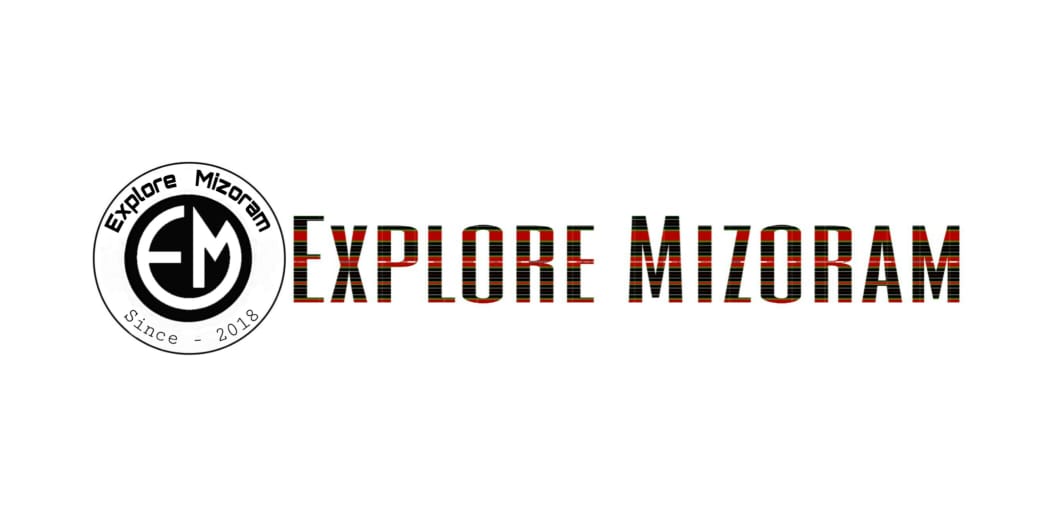The biggest problem of our time and age, amongst the biggest of threats we face, an evil that has sprouted its seeds and begins to seep its roots into younger generation, which is ‘Corruption’. Now, what exactly is ‘Corruption’? After all, one must understand one’s enemy before fighting it. Simply put, ‘Corruption’ is abuse, the abuse of power; however, it must be noted that ‘power’ is not such a simple thing, it comes in many forms, and the same goes for ‘abuse’ itself. ‘Corruption’ is the unjust or dishonest act done by (usually in power) a person or a group in order to gain advantages or profits. One might as well define it as a perversion of power by the people or institutions who are in charge of a certain position.
As mentioned above, this article is not so much intended as the means to fight the problem but the means to understand the problem so that it may be properly tackled; although, one can paradoxically claim that if that is so, then to understand it is to fight it as well.
The problem of ‘Corruption’ is becoming more and more rampant in our culture, which is to say in the Mizo society. As it corrupt our moral system, thereby our growth as a society. ‘Corruption’ as an immoral act is not only problematic for the individual, but also for the perpetrator and the victim as well. It seems to work as a system itself, by creating the corrupter and the corrupted; these complicate things further in such a way that, it creates a link between the corrupter and the corrupted. Where the corrupt can be both the perpetrator and the victim. Such system of corruption can be identified when, an act is executed in such a way that a person or any form of institution (the corrupted) is subverting the system as to gain certain profits or advantages, whether or not it stands against the law or the moral system of the society; the corrupter and the corrupted may initially have different set of goals or ends, but both nonetheless indulge in corruption. And such system of corruption may be prevalent in any institutions or political stage.
Since the political stage and the positions it offers, it is the most common form of power deeply associated with ‘Corruption’. However, it is not the only form of power in which this immoral pervasive action has taken roots. It can be witnessed in different form of institutions; even as a means to gain social status especially in the Mizo society. Wherein, opinion of local community holds great importance for each individual and in turn the overall society; communal acts and values are regarded highly by the people. This is precisely how it can influence the younger generation; whether it is positively or negatively is however, unpredictable. And here, there is an intriguing question that can be ponder about, which is whether or not, the concept of ‘Tlawmngaihna’ is corrupted, since it is a part of our moral system, it is prone to ‘Corruption’ as well. Or it has always been something that merely has good consequences when a person act out as such, but the intentions itself have never been able to stand up to critical analysis; are we merely embracing this concept as to gain favor in society. What is more important, consequences or intentions? But this much is sure, the concept is not itself immune to ‘Corruption’.
In such a community as ours, where a person with high social status can influence the values of the community and thereby the individual; the corrupted individuals are a bad example for the younger generation. ‘Corruption’ is a serious ethical issue that society as a whole, must stand up against.
This is not to say, that power is in fact intrinsically evil or any of the sort; that, politics or any form of power is inherently evil and a moral person must not pursue it and so on. Since, it can be questioned and rightly so whether a power corrupts a person or power invokes that is already present in a person; or is it just that we as a human are not neither good nor bad but both and powers can run the risk of being corrupt. All in all, a deep critical analysis or a formal exchange of educated dialogues is always a good option and exposure to education is always the key. As it promotes philosophical thoughts, which in turn is more likely to increase ethical actions of the individuals; as the foundation of every society are the individuals.
- C Lalṭanpuia,
6th Semester
1805BA418, Blue House, Govt Aizawl North College
2nd Prize -in Article Writing Competition (English) Organised by Students Union of Govt Aizawl North College, 2021
Media Partner EXPLORE MIZORAM
(Feedback at: admin@exploremizoram.com )
[Website ah hian sumdawng leh mi tin tan tlawmtein fakna kan dahsak thei e. WhatsApp +919402125273 ]
[Website ah hian sumdawng leh mi tin tan tlawmtein fakna kan dahsak thei e. WhatsApp +919402125273 ]
EXPLORE MIZORAM
email: admin@exploremizoram.com
Twitter: https://twitter.com/exploremizoram
Instagram: https://www.instagram.com/explore.mizoram
Youtube Channel: https://www.youtube.com/channel/UCyNrX06aSZ26HkIB25eo1YQ
(Website leh a hnuaia fakna hi lo hmet ve rawh.)


Post a Comment
He post chungchanga i ngaihdan lo sawi ve rawh: